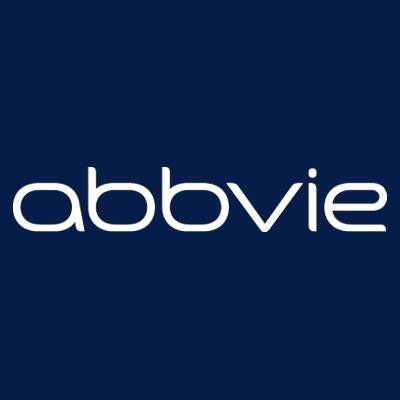Article
Elagolix Effective in Treating Heavy Menstrual Bleeding Associated with Uterine Fibroids
Author(s):
New results from a pair of phase 3 trials will be used to support AbbVie's anticipated NDA submission in 2019.

New results from a pair of pivotal phase 3 trials has supported elagolix as an efficient therapy for the reduction of heavy menstrual bleeding in patients with uterine fibroids when combined with add-back therapy.
The results, from the ELARIS UF-1 and UF-2 trials and presented at the 47th American Association of Gynecologic Laparoscopists (AAGL) Global Congress on Minimally Invasive Gynecology in Las Vegas, NV, this week, also come in the months prior to AbbVie’s anticipated New Drug Application (NDA) submission to the US Food and Drug Administration (FDA) in mid-2019.
The replicate phase 3 trials evaluated almost 800 premenopausal women with heavy menstrual bleeding associated with uterine fibroids across approximately 100 sites in the United States and Canada. Patients were administered lone 300mg elagolix twice-daily, as well with add-back 1mg estradiol/ 0.5mg norethindrone acetate, over 6 month periods. Investigators had assessed for safety, tolerability, and efficacy of the therapies versus placebo, with a primary endpoint in the assessment of reduction in heavy menstrual bleeding compared to placebo as measured by the alkaline hematin method.
In ELARIS UF-1, 68.5% of women with uterine fibroids achieved clinical response while on elagolix, compared to just 8.7% of those on placebo (P < .001). Nearly half (48.1%) also achieved amenorrhea—as defined by the absence of bleeding or spotting—in the final month of the six-month treatment period when administered elagolix plus add-back therapy.
In ELARIS UF-2, 76.2% of treated women achieved clinical response, versus 10.1% of those administered placebo (P < .001). The majority (52.9%) achieved amenorrhea in the final month of treatment while on combination therapy.
In both trials, patient-reported symptom severity and quality of life related to uterine fibroids and gauged as per the Uterine Fibroids Symptom and Health-Related Quality of Life questionnaire had indicated comprehensive improvements for women provided elagolix compared to those administered placebo.
In gauging for safety, investigators noted an end-period profile for elagolix that was consistent with that observed in phase 2 trials, with not new safety concerns identified. The most frequently reported adverse events during treatment period included hot flush, nausea, headache, night sweats, and fatigue.
Previously approved by the FDA as ORILISSA—a therapy indicated for the management of moderate to severe pain associated with endometriosis—the oral nonpeptide receptor agonist therapy will be supported by this new data when its NDA is submitted next year. Its effect on patient quality-of-life metrics particularly stood out to William D. Schlaff, MD, chair of the Department of Obstetrics & Gynecology at Thomas Jefferson University.
“Many women in the United States suffer from uterine fibroids, yet symptoms often go unresolved and can have significant impact on day-to-day activities," Schlaff said in a statement. "These findings provide objective data demonstrating the potential value of elagolix as a future treatment for women with uterine fibroids."
Dawn Carlson, MD, MPH, vice president of general medicine development at AbbVie, noted that more non-invasive therapies for uterine fibroids are needed to treat women experiencing symptoms. Elagolix can fill that void.
“The results support AbbVie's continued efforts to pursue regulatory filing of elagolix and its potential to help women manage heavy menstrual bleeding associated with uterine fibroids,” Carlson said.


